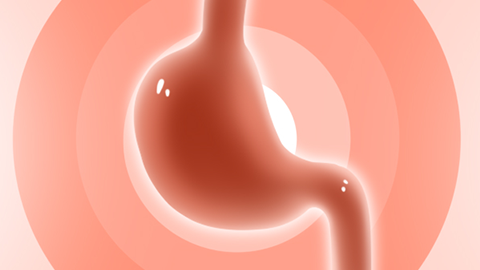Is stomach discomfort at 38 weeks of pregnancy a sign of impending labor?
Generally, stomach discomfort at 38 weeks of pregnancy is not necessarily a sign of impending labor; the specific accompanying symptoms should be considered for accurate assessment. If discomfort occurs, it is recommended to seek medical attention promptly. Detailed analysis is as follows:

At 38 weeks of pregnancy, if stomach discomfort only manifests as bloating, decreased appetite, or mild acid reflux, and is not accompanied by regular uterine contractions, vaginal spotting (show), or rupture of membranes, it is usually not a sign of approaching labor. In such cases, the stomach discomfort is often caused by the growing fetus pressing on the stomach, leading to slower gastrointestinal motility, or by improper diet or abdominal cooling. This type of discomfort is a common physiological symptom in late pregnancy and can typically be relieved by adjusting diet and getting appropriate rest.
However, if stomach discomfort at 38 weeks is accompanied by regular uterine contractions, slight vaginal bleeding (show), or rupture of membranes, it may indicate the onset of labor. Uterine contractions before labor can stimulate surrounding organs, causing gastric discomfort. In such cases, signs of labor should be taken seriously, and timely preparations for hospital admission should be made to avoid delays in delivery.
When experiencing stomach discomfort at 38 weeks of pregnancy, pay attention to adjusting your diet by choosing light, easily digestible foods, eating smaller meals more frequently, and avoiding overeating. Taking gentle walks can help promote gastrointestinal motility and relieve stomach discomfort. Closely monitor for any typical signs of labor. If symptoms persist or are accompanied by other abnormalities, seek medical evaluation promptly to determine the cause and take appropriate measures to ensure the safety of both mother and baby.






